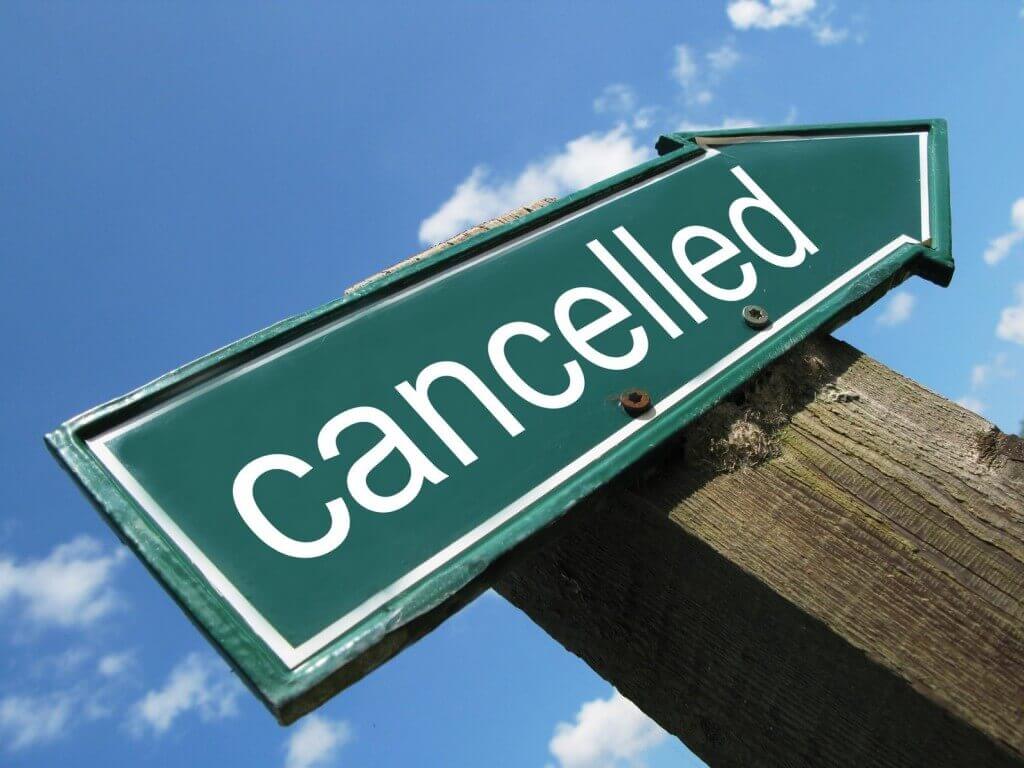
Many hotel brands and management companies are touting flexibility around guest cancellations polices and loyalty status amid the COVID-19 pandemic, but some are being cautious not to make any long-term decisions just yet.
Kathy Hood, SVP of sales and revenue management at Davidson Hotels and Resorts, said in exceptionally challenging times, it’s important to take care of customers’ specific needs while balancing the financial responsibility to owners.
Some of those guest needs include more flexible cancellation windows for individuals and groups as well as easing guest loyalty requirements, according to sources.
“We are very cognizant of the need to refrain from making long-term decisions while we are still in the middle of the pandemic regarding contract concessions, permanent structure changes to function space, cancellation policies, etc. That would have long-term implications to our owners’ investment,” Hood said via email. “We are also extremely committed to supporting the brands we represent by closely adhering to their guidance and temporary changes in policy.”
For the near-term, she said it’s key to be flexible with cancellation and attrition terms for 2020 business, with some additional flexibility in select markets continuing through Q1 2021 and beyond.
What the brands are doing
Hood said most major brands have waived cancellation fees on non-refundable transient bookings if cancelled or changed by 30 June 2020. Regarding group businesses and deposits, she said Davidson has seen a mix.
“In some cases, deposits are being held for future dates,” she said. “In other cases, the hotel has requested additional deposit funds to hold space for the future meeting, and some have offered partial deposit for securing an additional future meeting with the hotel.”
For special circumstances where the entire group was pre-paid prior to arrival, non-refundable reservations and pre-payments were either transferred to the newly established date or refunded if the event could not be rescheduled, she said.
“Our general approach is simple … when the industry does come out of this pandemic, clients will remember who worked with them and who did not,” she said.
Several brands had moved to 72-hour cancellations for transient business, she said. However, some brands are now temporarily loosening that standard.




